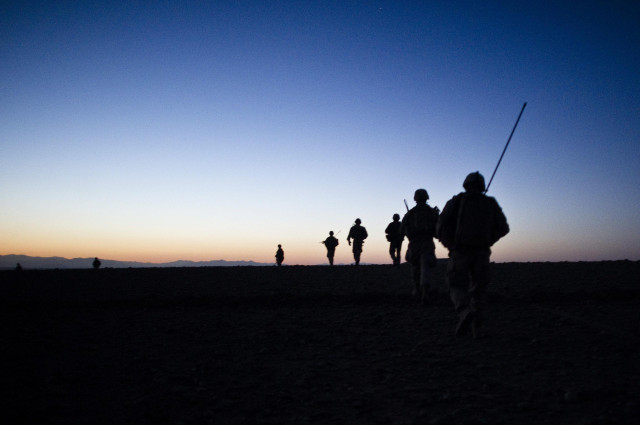Tense talks
Delay caused by Davis case in crucial trilateral talks to discuss the future of Afghanistan will serve as a setback.

There have been reports that the mood in Washington is growing angrier by the day with talk of expelling Pakistan’s ambassador to the country. This has been denied by Husain Haqqani. Tempers in the US capital will not be helped by the statement from the Tehreek-i-Taliban suggesting that Raymond Davis be hanged immediately, as a spy. The affair appears already to have cost Pakistan its foreign minister, with Shah Mahmood Qureshi reported to have lost his post under US pressure, following his apparent questioning of Davis’s immunity.
The affair is a complicated one. The delay in the crucial talks to discuss the future of Afghanistan will, without doubt, serve as a setback to the process — especially as we do not yet know when it may be possible to resume them. The talks, held periodically to assess stability in Afghanistan and tactics in the region, would have been the first since US President Barack Obama spoke of his vision for Afghanistan in December last year, reasserting plans for a complete pull-out by 2014 and a troop reduction this year but promising a longer term commitment to the region. Details would have been discussed the meeting that has been postponed. For all the brave words in public, Pakistan Foreign Office sources concede the delay in this dialogue is damaging — especially as it is still far from clear how the Davis affair will conclude, how far anti-Americanism will continue to grow as it lingers on and what impact it will have on the crucial issue of Pakistan’s sovereignty as well as on its longer term relations with Washington.
Published in The Express Tribune, February 15th, 2011.














COMMENTS
Comments are moderated and generally will be posted if they are on-topic and not abusive.
For more information, please see our Comments FAQ